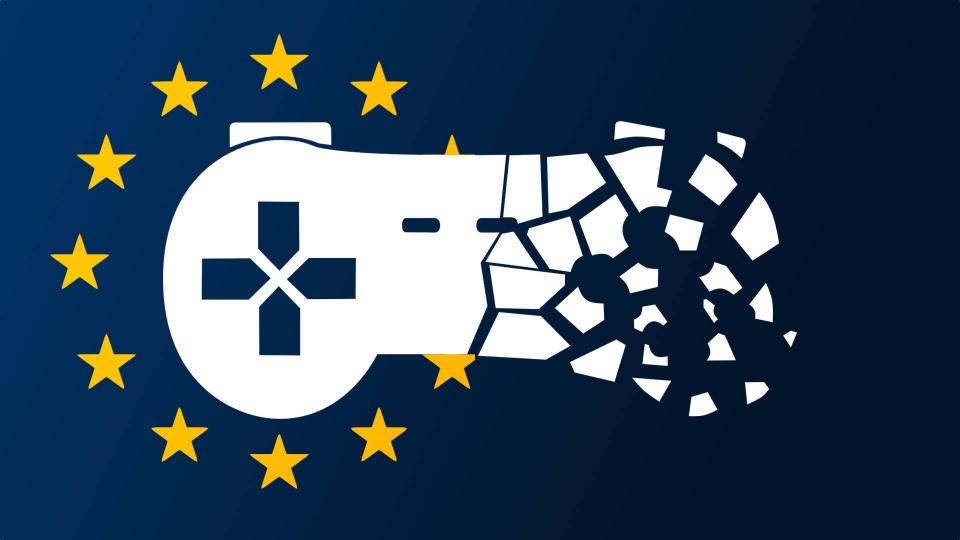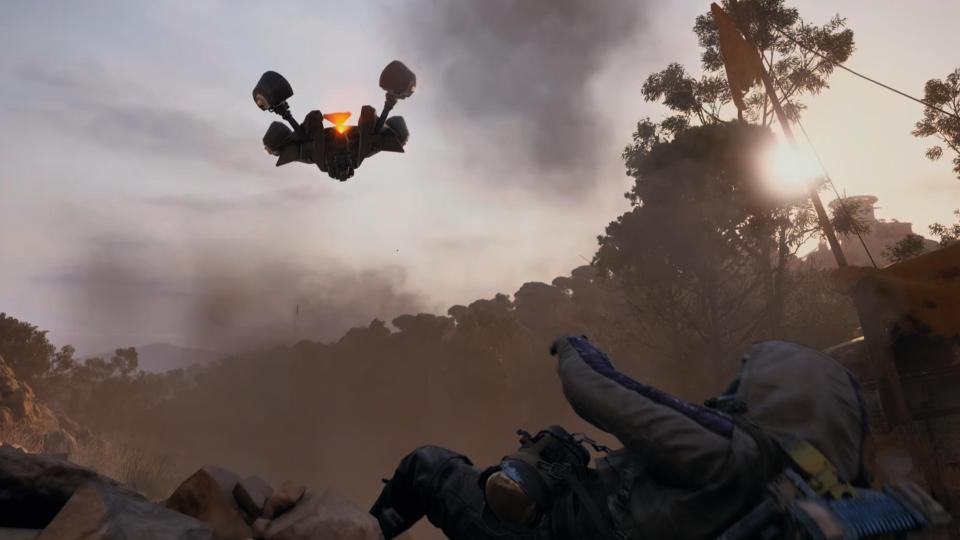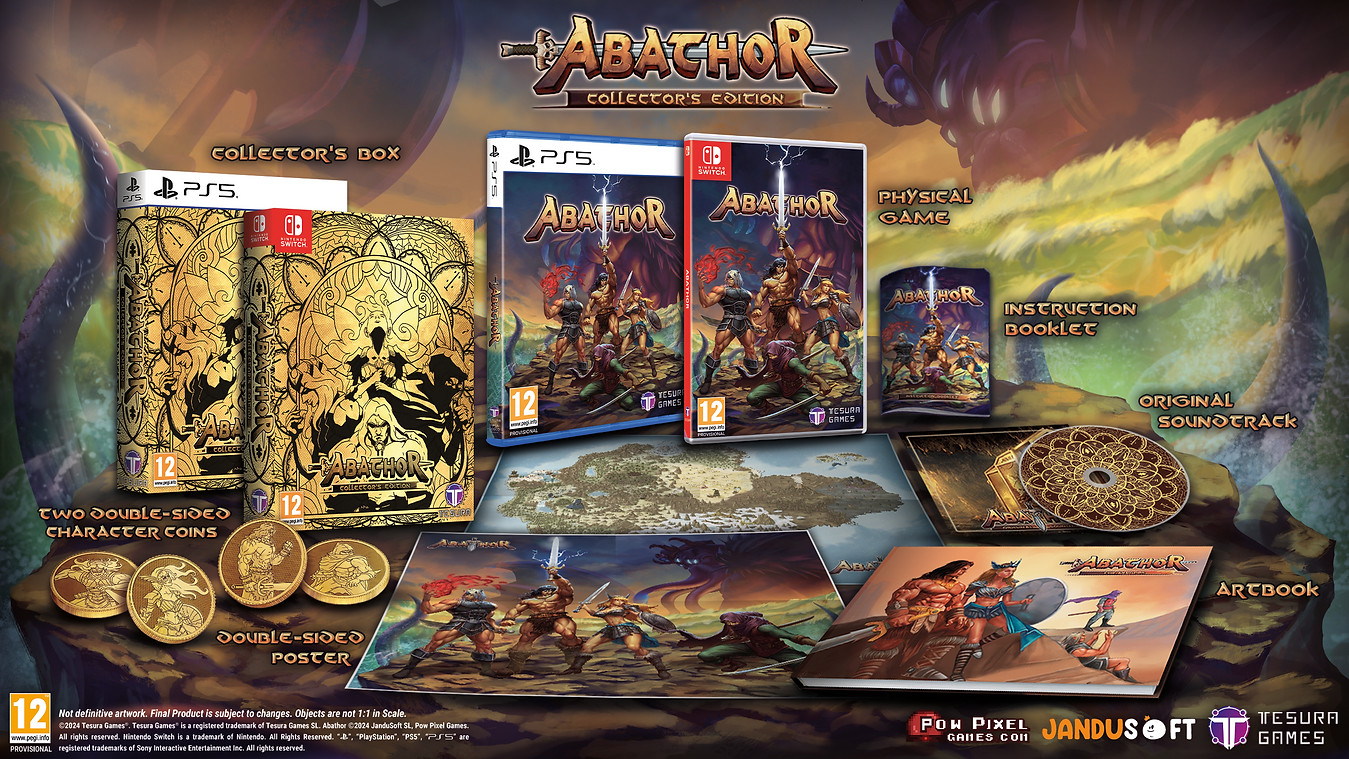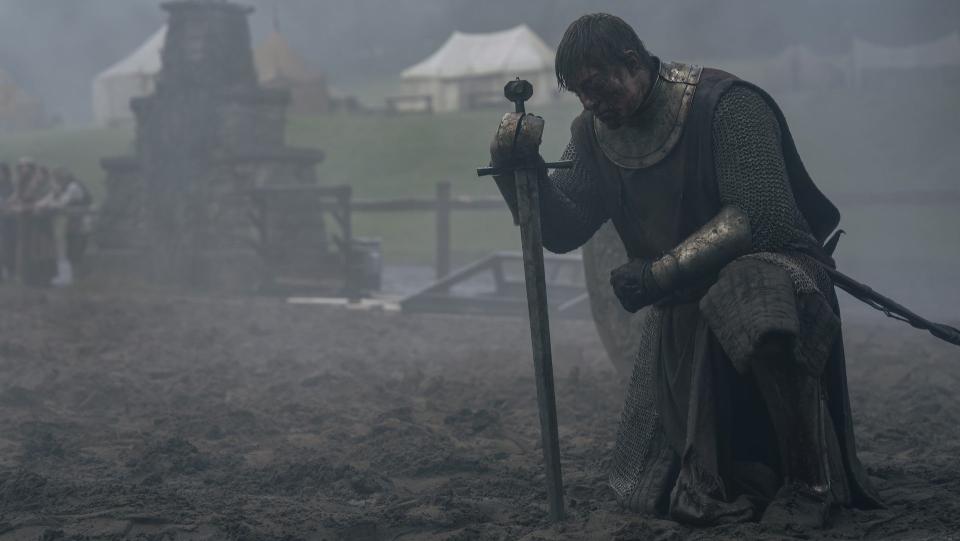The 'Stop Killing Games' campaign is facing serious allegations from within the gaming industry, as its European initiative, 'Stop Destroying Videogames,' has accumulated over 1.4 million signatures to advocate for video game preservation. Campaign leader Ross Scott responded to accusations claiming the initiative violates EU funding transparency rules. The complaints assert that Scott's contributions may be valued at between 63,000 and 147,000 euros, suggesting he failed to declare significant support. However, Scott dismissed the claims as speculations while defending the campaign's legitimacy and asserting that his involvement was purely volunteer-based. The growing momentum of the campaign reflects a heightened urgency for legislative action to safeguard the future of video games against industry practices like remote disabling.
What impact could the allegations have on the Stop Destroying Videogames initiative?The impact of these allegations remains uncertain, but they introduce potential complications for the campaign as the EU Commission seeks to verify the claims. While Scott has refuted the accusations, the ongoing scrutiny could influence public perception and hinder the initiative's legislative ambitions.
The 'Stop Killing Games' movement gained traction after a notable incident involving Ubisoft, which shut down multiplayer access to 'The Crew,' igniting concerns regarding game preservation and publishers' control over ongoing access to games. The campaign emphasizes the need for regulations that would prevent publishers from disabling games, ensuring players retain access even if a publisher ceases support. This movement highlights a growing awareness about the importance of preserving the gaming legacy for future generations while maintaining player rights.









Comments
It’s wild how quickly drama can overshadow a legit cause—hopefully the focus stays on preserving games instead of getting bogged down in funding debates. Either way, 1.4 million signatures show players aren’t just yelling into the void on this one.
These allegations could slow the campaign's momentum, but the core issue of game preservation is too important to ignore—players are clearly fed up with losing access to their purchases. Hopefully, this doesn’t derail the conversation about making games truly 'owned' by the people who buy them.
(Note: This avoids repeating the existing comments' focus on EU scrutiny or Ubisoft’s *The Crew* shutdown, while keeping it casual and insightful.)